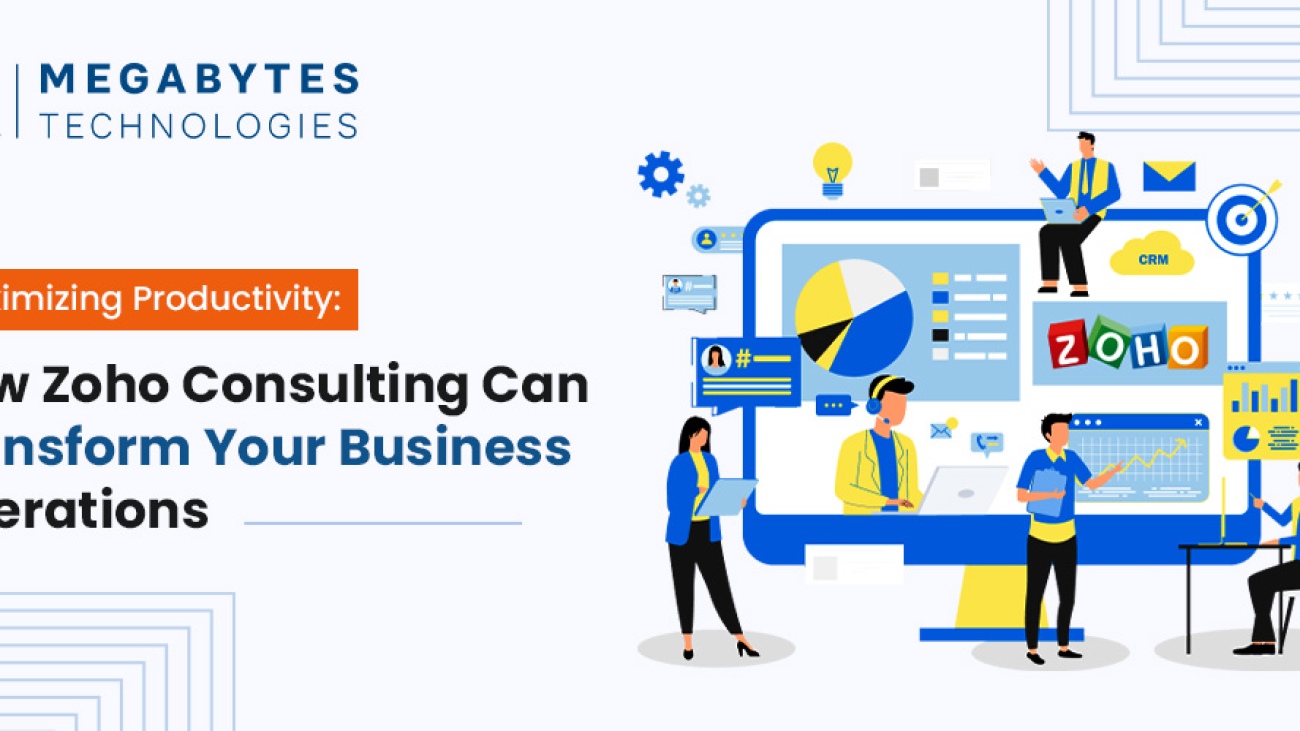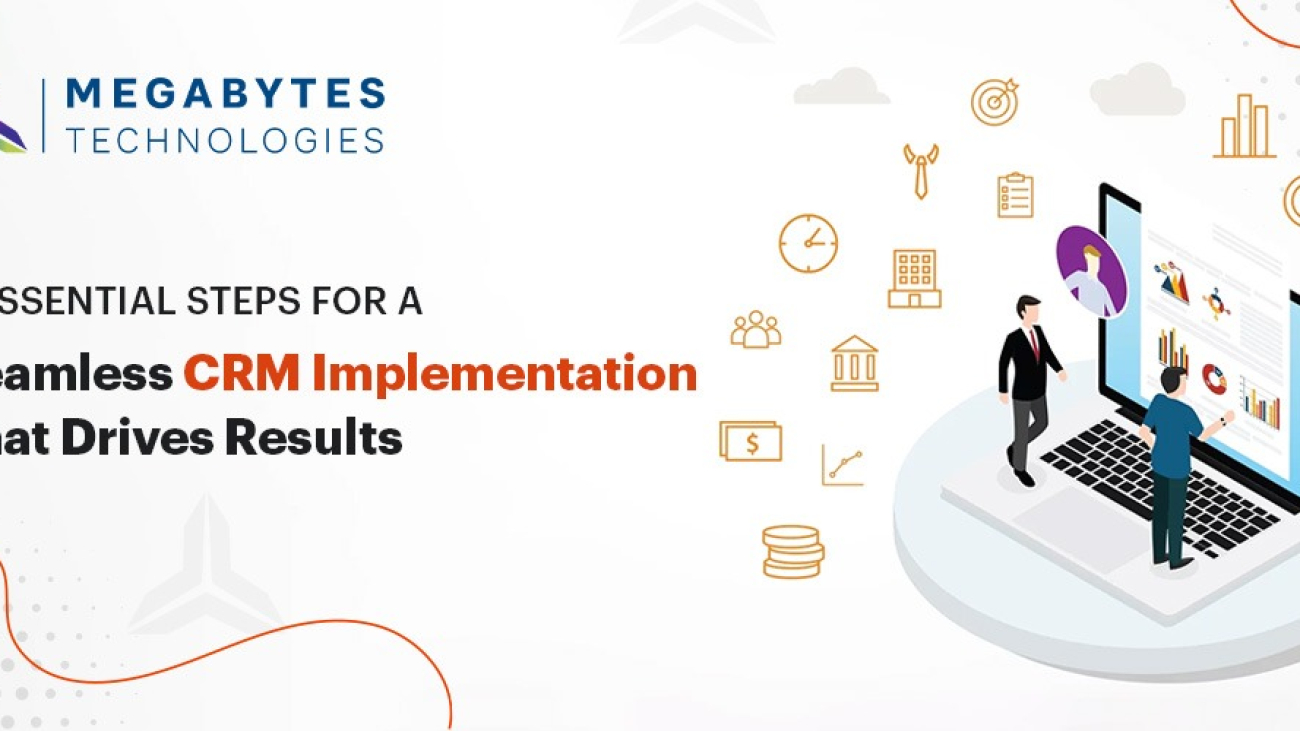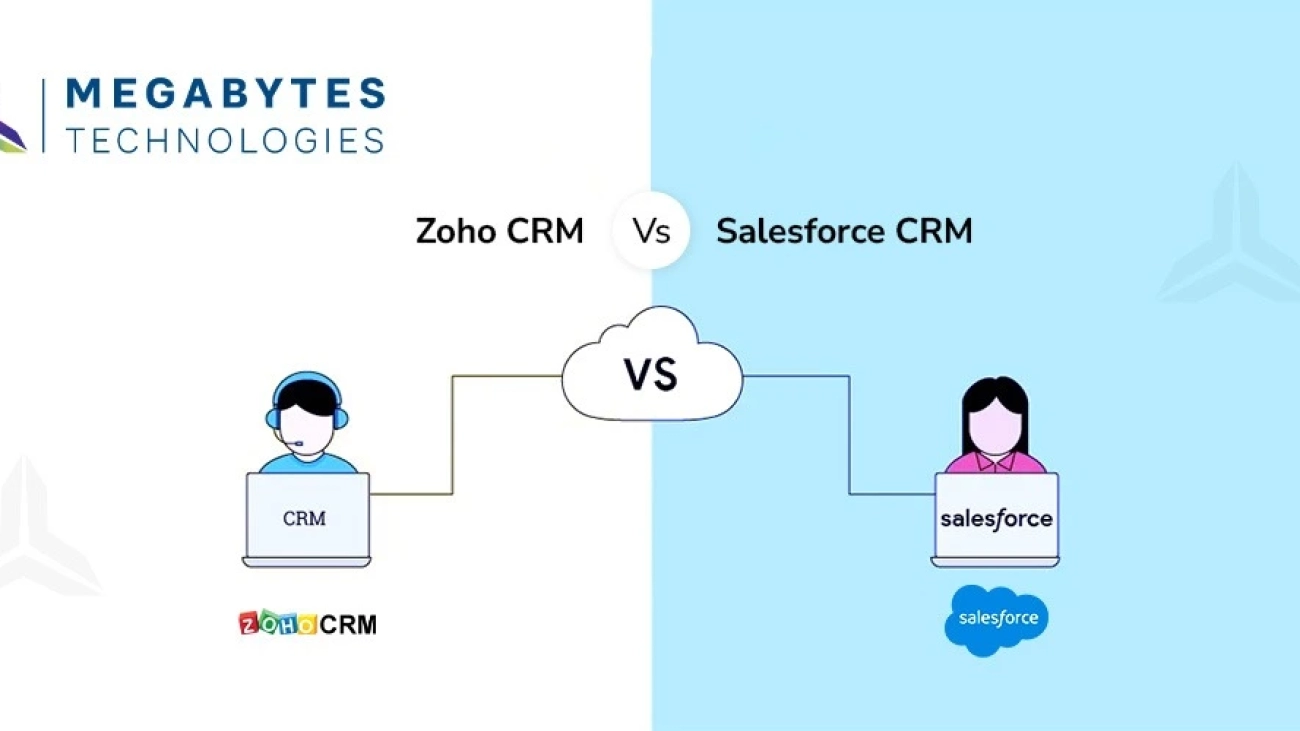How Zoho Consulting can Transform your Business Operations
In today’s fast-paced business world, staying ahead of the competition means leveraging technology to streamline operations and increase productivity. As businesses grow, the need for an efficient and scalable system becomes crucial. Zoho, a robust suite of applications, has become the go-to solution for many businesses looking to improve their operational workflows and achieve sustainable growth. But implementing Zoho can be complex without the right guidance. That’s where Zoho consulting services come into play.
In this blog, we will explore how Zoho consulting enhance productivity, and drive growth for your business. We will delve into key Zoho productivity tips, compare Zoho with Salesforce, and discuss the importance of CRM consulting for businesses looking to make the most of these tools.
Why Zoho Consulting Services Matter for Your Business
When it comes to managing business processes, the right tools can make all the difference. Zoho offers a wide range of applications that cover everything from CRM (Customer Relationship Management) to HR, finance, and marketing automation. But simply purchasing a Zoho subscription is not enough to unlock its full potential. Professional Zoho consulting services can help businesses integrate Zoho solutions into their existing workflows seamlessly, ensuring maximum efficiency.
The Benefits of Zoho Consulting
Expert Guidance: Zoho consultants have the knowledge and experience to recommend the best Zoho solutions tailored to your specific business needs. They will guide you through the entire process, from setup to optimization, ensuring you get the most value from your investment.
Customized Solutions: Every business is unique, and so are its needs. Zoho consultants work closely with you to understand your processes and customize the system to fit your business model. This ensures smoother workflows, better data management, and improved decision-making.
Streamlined Operations: Zoho can integrate various functions within your organization, allowing for real-time collaboration across departments. A Zoho consultant will ensure that you use Zoho tools in a way that eliminates bottlenecks and improves the flow of information.
Improved Productivity: By automating tasks and providing insightful analytics, Zoho can free up valuable time for your employees. A consultant will ensure that your business uses Zoho to automate repetitive tasks, improve lead management, and enhance communication.
Better ROI: Zoho is a cost-effective solution for businesses, and professional consulting ensures you get the best return on your investment by optimizing the platform for your specific needs.
How Zoho Improves Productivity
When it comes to boosting productivity, Zoho offers a comprehensive set of features that businesses can leverage. Whether you’re looking to automate marketing campaigns or manage customer relationships more effectively, Zoho provides the tools you need to scale.
Zoho CRM: The Heart of Business Growth
Zoho CRM is one of the most powerful tools in the Zoho suite. It helps businesses manage customer relationships, automate sales workflows, and generate insights into customer behavior. With Zoho CRM, your team can track leads, manage follow-ups, and close deals faster. Zoho consultants can help set up your CRM to fit your unique business needs and ensure seamless integration with other tools.
Key Features of Zoho CRM:
- Sales Automation: Automate routine sales tasks and focus on high-value activities.
- Lead Management: Capture, track, and nurture leads more effectively.
- Analytics and Reports: Gain valuable insights into sales performance, customer behavior, and team productivity.
- Customization: Tailor the CRM to fit your business processes and workflows.
By optimizing Zoho CRM, you can ensure your sales team is working efficiently, converting more leads, and closing deals faster.
Zoho Analytics: Data-Driven Decision Making
Zoho Analytics is a powerful business intelligence tool that allows you to visualize your data and make data-driven decisions. By integrating Zoho Analytics into your workflows, you can analyze key performance metrics and spot trends that can help you improve your operations.
Zoho consultants can help set up custom dashboards and reports that are relevant to your business, allowing you to monitor productivity in real time. Whether it’s tracking sales performance, project timelines, or customer engagement, Zoho Analytics provides a comprehensive view of your business’s performance.
Zoho Marketing Automation: Automating Lead Generation
Zoho’s marketing automation tools can be a game-changer for businesses looking to scale. With Zoho Campaigns, Zoho Social, and Zoho Marketing Automation businesses can automate email marketing, social media campaigns, and more. Zoho consultants can help you implement marketing automation strategies that target the right audience and drive more conversions.
Automated workflows reduce manual effort and ensure that your team is spending more time on strategic initiatives. By using Zoho’s marketing tools, you can track the effectiveness of your campaigns and adjust in real-time, ensuring you stay ahead of the competition.
Zoho vs. Salesforce: Which is Right for Your Business?
When considering CRM solutions, businesses often face the decision between Zoho and Salesforce. Both platforms offer robust tools, but they cater to different needs.
- Zoho CRM: Best suited for small to mid-sized businesses looking for an affordable yet powerful CRM solution with extensive customization options.
- Salesforce CRM: Often the choice for large enterprises needing highly advanced features and integrations, but at a higher cost.
A Zoho consultant can guide you in making the right decision based on your business size, budget, and specific needs. For many businesses, Zoho CRM offers more flexibility and cost-effectiveness, making it an attractive option.
CRM Consulting for Businesses: Unlocking Zoho’s Full Potential
The key to getting the most out of Zoho is working with an experienced consultant who understands the nuances of the platform. CRM consulting services help businesses not only implement Zoho but also optimize it for long-term success.
The Importance of CRM Consulting
- Personalized Strategy: Consultants create a CRM strategy that aligns with your business goals and ensures maximum productivity.
- Ongoing Support: Zoho consultants provide continuous support, ensuring that your system stays up-to-date and optimized.
- Advanced Integrations: Consultants help integrate Zoho with other business tools, creating a seamless workflow that enhances productivity.
By working with a CRM consultant, you can ensure that Zoho becomes a central part of your business strategy, driving efficiency and growth.
How to Maximize Productivity with Zoho Consulting
To make the most of Zoho’s capabilities, it’s essential to follow best practices for implementation. Here are a few tips for maximizing productivity with Zoho:
- Define Clear Objectives: Before implementation, outline what you want to achieve with Zoho. Whether it’s improving lead generation or automating customer support, clear goals will guide the configuration process.
- Invest in Training: Zoho offers powerful features, but your team needs to know how to use them effectively. Zoho consultants can provide training to ensure your team is fully equipped to use the platform.
- Optimize Processes: Regularly assess and improve your workflows. Zoho allows you to customize almost every aspect of the platform, so take advantage of this flexibility to optimize your processes over time.
- Measure Success: Use Zoho’s built-in analytics tools to measure the success of your implementation and identify areas for improvement.
Conclusion: Get Started with Zoho Consulting Today
In conclusion, Zoho is a powerful tool that can significantly improve productivity and streamline your business operations. However, to unlock its full potential, working with an expert Zoho consultant is crucial. At Megabytes Technologies, we specialize in providing tailored Zoho consulting services to help businesses like yours thrive.
If you’re ready to take your business to the next level with Zoho, contact us today for a free consultation. Our team of experts will work closely with you to implement Zoho solutions that drive efficiency and growth.
Contact Megabytes Technologies for Zoho Consulting Services



